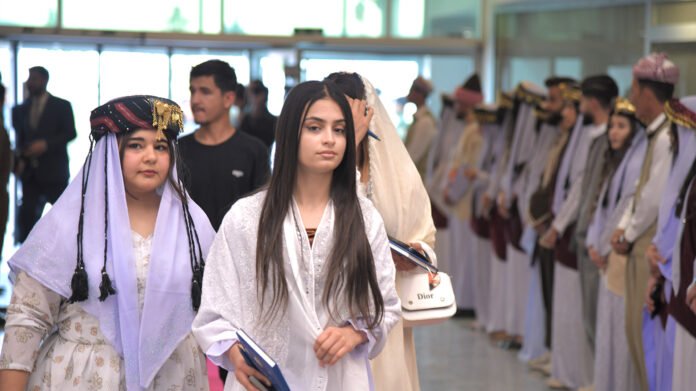The Yazidi community made a powerful statement by launching a major international conference in Duhok. This event, backed strongly by the Kurdistan Regional Government (KRG), focused on preserving Yazidi heritage through academic research and political engagement. Leaders, scholars, and activists gathered to examine Yazidi identity and history with renewed urgency.

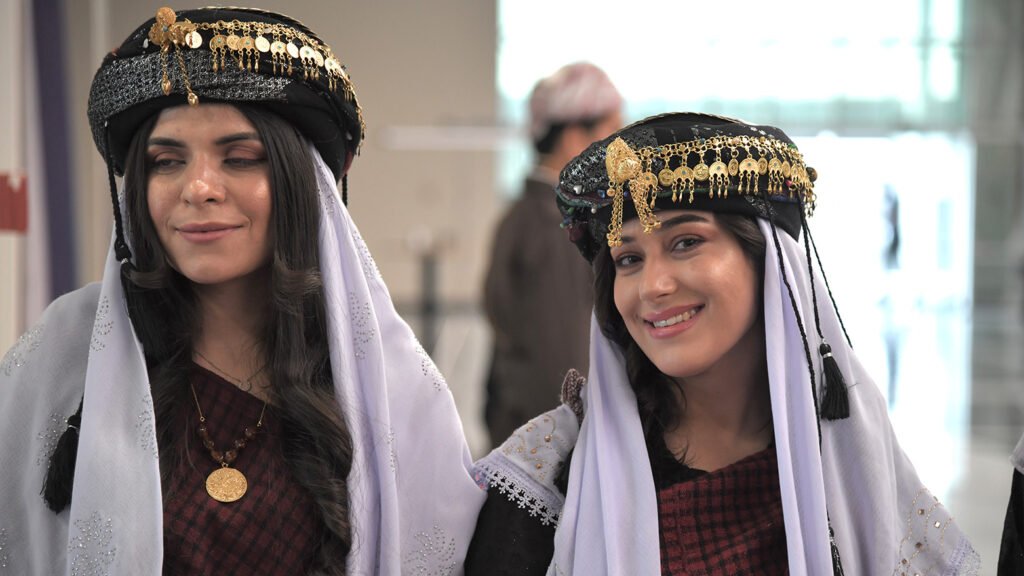
Prime Minister Masrour Barzani opened the conference and reaffirmed his government’s support for Yazidi rights. His remarks emphasized ongoing efforts to rebuild Sinjar and assist displaced Yazidis. He noted that over 3,000 Yazidi women rescued from ISIS continue to receive monthly support from the KRG.
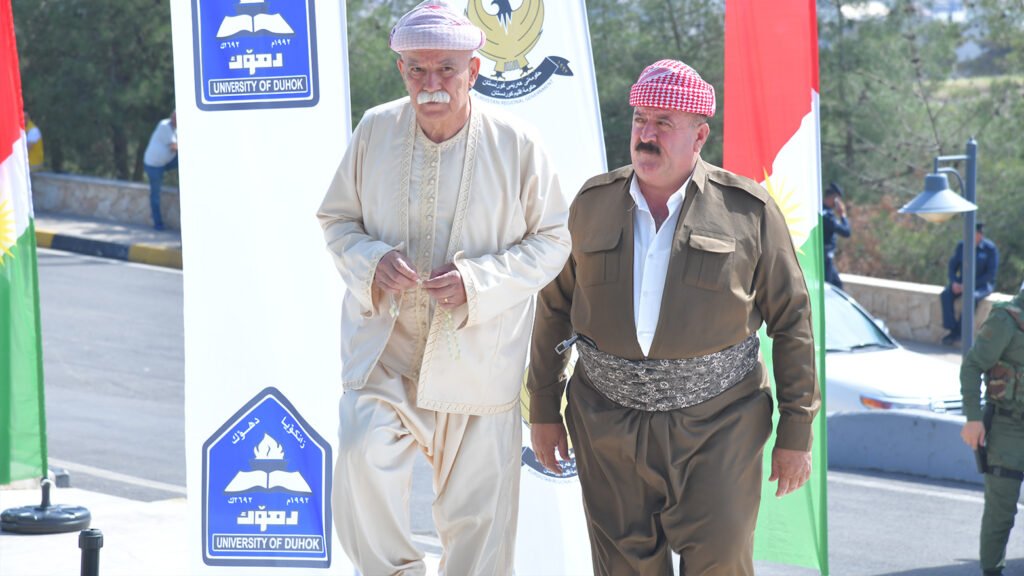
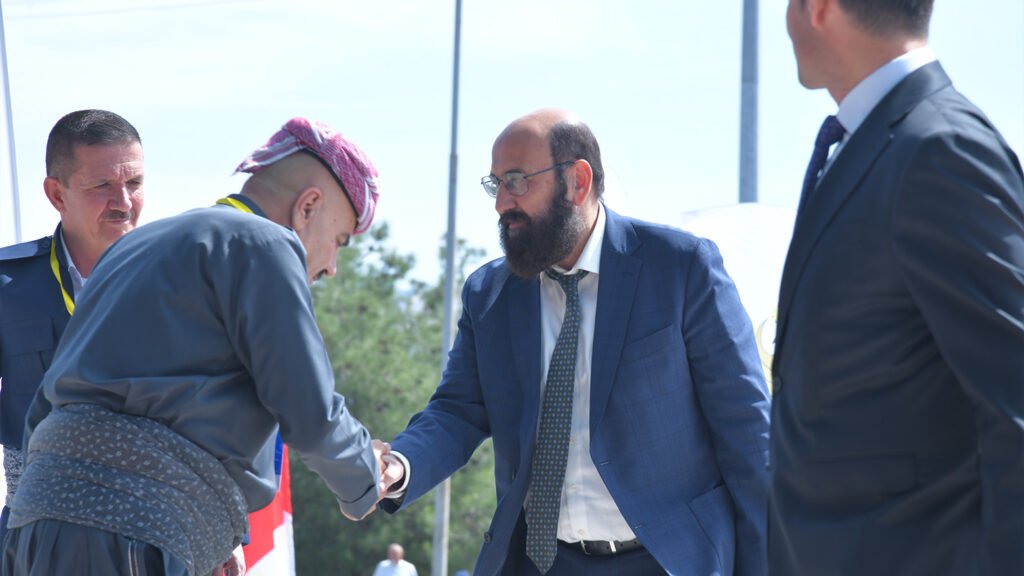
Mir Hazim Tahsin Beg, spiritual leader of the Yazidis, urged greater Yazidi representation in future governments. He called for increased efforts to document Yazidi culture. He stressed the urgent need to preserve Yazidi heritage before more is lost.
Interior Minister Rebar Ahmed, representing Barzani, highlighted Yazidism’s deep roots in Kurdish society. He demanded full implementation of the Sinjar Agreement. He said sustainable peace depends on removing armed groups and restoring government authority in Sinjar.
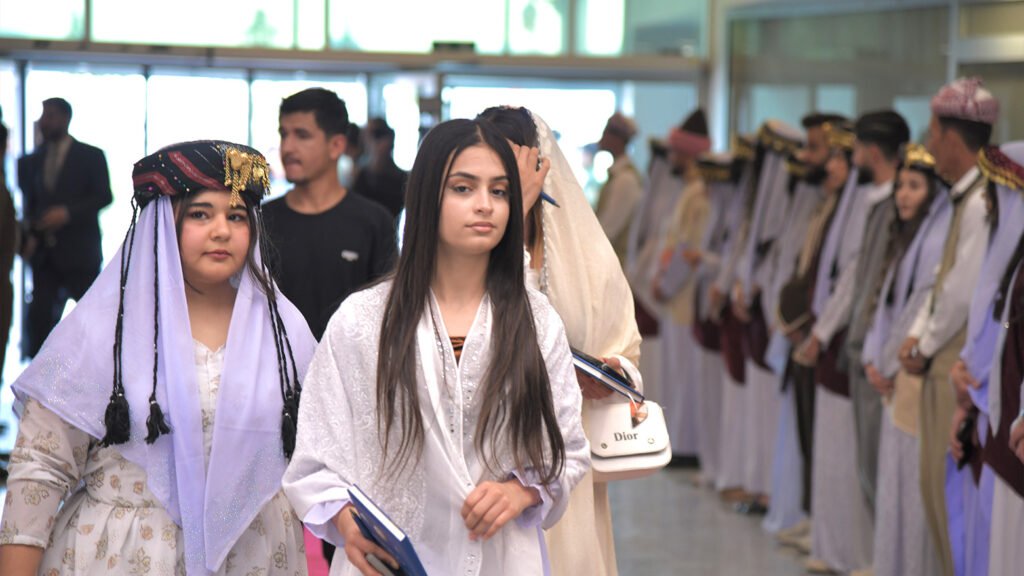
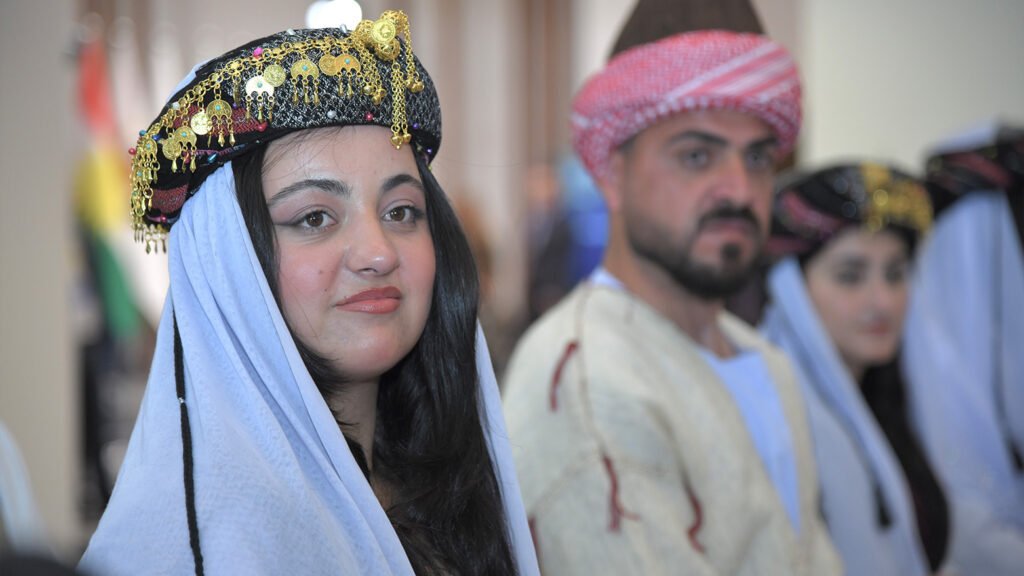
Kurdistan Parliament member Vala Farid spoke about legal progress made to support Yazidis. She pointed to past legislation that recognized the genocide of 2014. She also outlined efforts to form special courts to try ISIS members responsible for Yazidi crimes.
However, Yazidi MP Vian Dakhil delivered a strong message of frustration. She criticized the Iraqi government for neglecting Yazidi needs. She said thousands still live in camps and face hopeless conditions. She called for serious action to rebuild Sinjar and secure Yazidi futures.
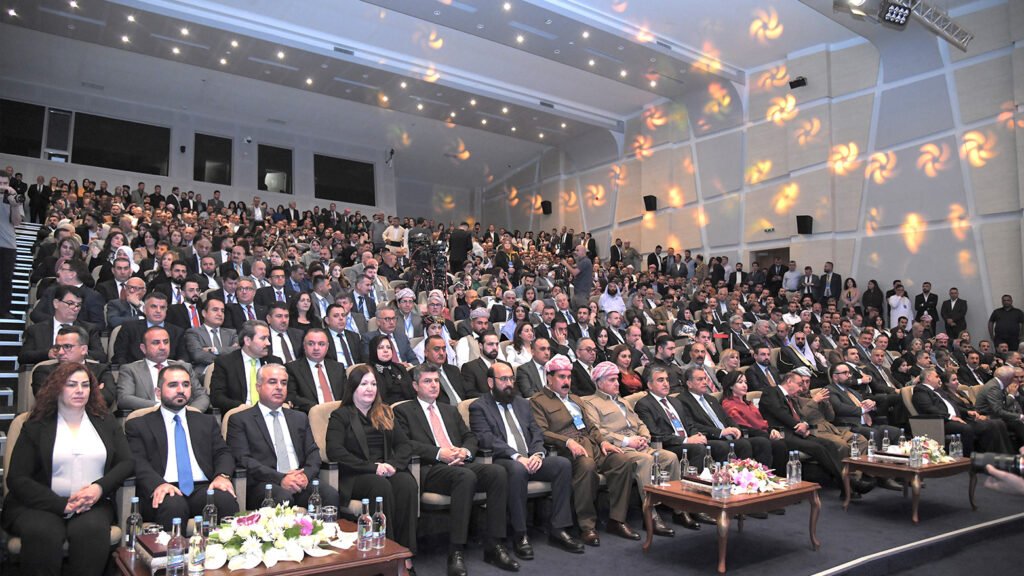
Conference organizers emphasized the role of education in countering false narratives. The Lalish Center confirmed the event’s focus on both humanitarian needs and cultural preservation. Speakers from 11 countries contributed insights and strategies.
As the conference continued, the message became clear. The Yazidis need support, recognition, and inclusion. More than anything, they want to preserve Yazidi heritage.
The call to preserve Yazidi heritage rang loudly across the sessions. It united political leaders, researchers, and survivors around a common goal. Kurdistan and Iraq both share responsibility to preserve Yazidi heritage and ensure lasting peace.

